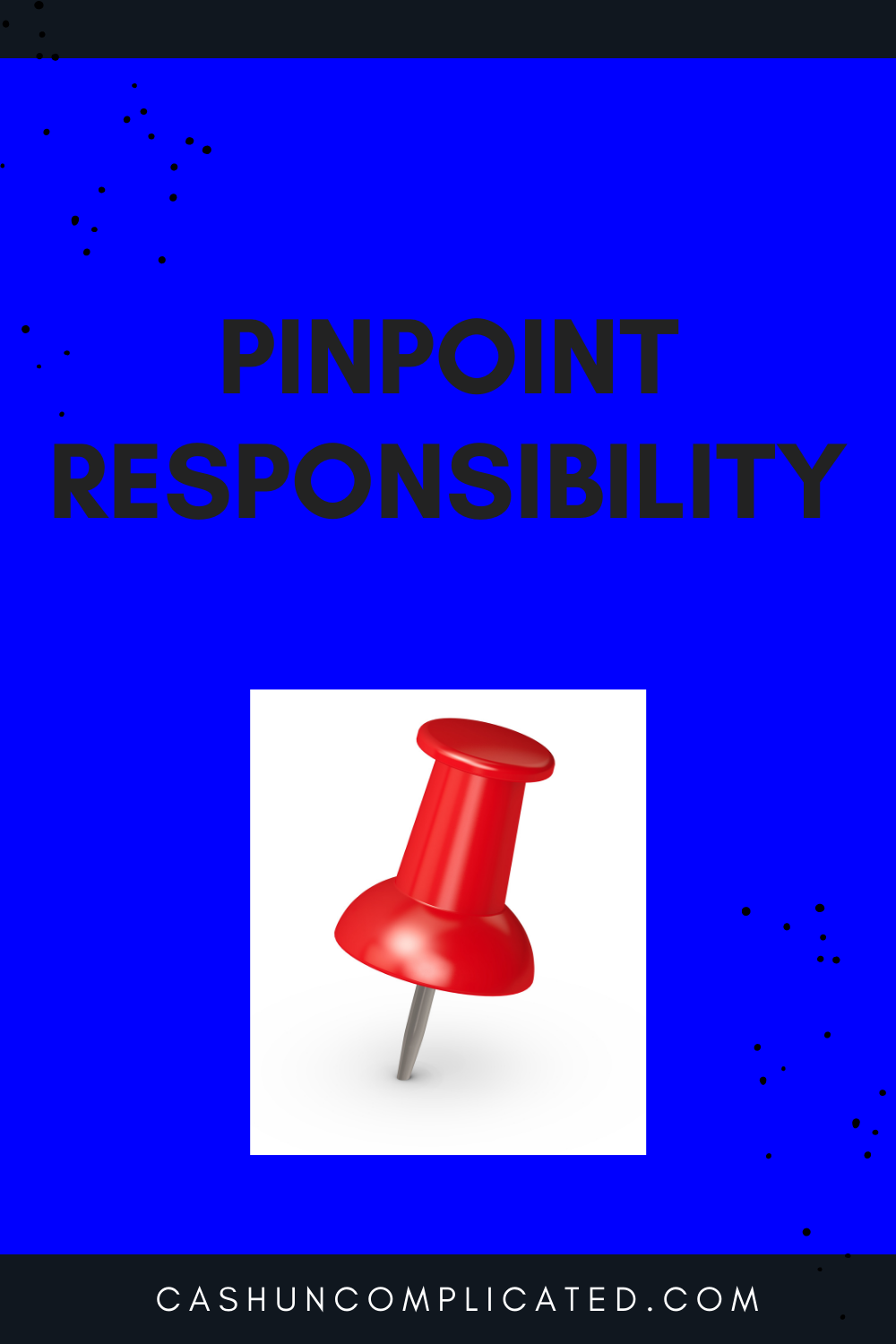A few weeks ago the great Mike Krzyzewski announced next year would be his last as the basketball coach at Duke University. “Coach K” as he’s called, has been at Duke for over 40 years and is arguably the greatest college basketball coach of all time. John Wooden fans would probably have something to say about this, but it would be a spirited debate.
At the time of his announcement, Krzyzewski had 1,170 wins, five NCAA Championships, 12 Final Four appearances, and 15 ACC conference tournament championships. Source: sports-reference.com. These marks will be very challenging to replicate to say the least.
I’ve always been a big fan of Coach K. I’ve followed his career since I was a little kid—I remember those epic games in the 90’s versus Kentucky, North Carolina, and many others. And who can forget one of the biggest upsets in NCAA tournament history when his Duke squad took down the vaunted UNLV Runnin’ Rebels in the 1991 Final Four. Click here to watch the full game.
Leadership Lessons
I’ve also read his book on leadership, Leading With the Heart. Highly recommended, even for the non-basketball fans.
So when I heard Coach K was retiring, I was naturally interested. In one of the interviews (2:56 of video clip) he did following his retirement, the legendary coach brought up a concept I’d never heard of. Pinpoint responsibility.
Whoa! That combination of words blew me away. Pinpoint responsibility. How much more powerful can you get than that? No ambiguity there.
People talk all the time about taking ownership or responsibility, but those words can sometimes go in one ear and out the other. Kind of empty statements if you ask me. But pinpoint responsibility—now you’ve got something.
Apparently the concept of pinpoint responsibility is something Coach K learned during his time at West Point. It’s probably one of the many factors that has made him a historically great coach. I don’t personally know Coach K, but in listening to his interviews over the years and reading his book, I would imagine his mindset has been to take pinpoint responsibility for the Duke basketball program.
That means everything that happens in the basketball program is his complete responsibility. It kind of reminds me of Jocko Willink’s book Extreme Ownership. Willink’s premise is that you are 100 percent accountable for everything that happens in your life. Pinpoint responsibility for your life in a way.
Pinpoint Responsibility and Personal Finance
I think one of the reasons I love this concept of pinpoint responsibility is that it’s so applicable to personal finance. I used to blame many of my money issues on external factors. The economy, the car breaking down, the banks “stupid” policy on overdraft charges.
When I used to blame external factors for my financial ineptitude, nothing changed. I continued in the same old patterns, same old habits, and same old results. Those results were years of living paycheck to paycheck, a net worth close to zero, and no assets.
Once I started to take complete responsibility, or better yet, pinpoint responsibility for my financial life, things all of a sudden started to improve. Out of the paycheck to paycheck trap, begin investing, buy a property. It wasn’t magic, it was changing my mindset and behavior, and taking pinpoint responsibility for my financial life.
No More Excuses
It used to feel good to make excuses and find reasons for my issues with money. It felt nice to make an excuse because it diffused the responsibility to something else that I categorized as “out of my control.”
Taking pinpoint responsibility felt a little strange, and not so great at first. It kind of hurt to come to the realization that all these external factors were not to blame after all. It was me.
After a while though, those feelings of uncomfortableness began to transition to empowerment. If we have pinpoint responsibility for our money, we also have the power to change things for the better. That mindset shift is huge and challenges us to constantly look for ways to improve and optimize.
For example, if you overdraw your checking account and incur a fee, it’s no longer the banks fault for charging that fee. It’s your responsibility to take the time to better manage your money. If you go back to the root of the problem (not managing your money properly), it really won’t matter if the bank charges an overdraft fee or not. Because you won’t have overdraft fees in the first place.
Same concept if you have a car that breaks. Instead of being victimized by “bad luck” or a “lemon” of a car and feeling powerless, change your mindset to how you can correct the issue. Build up a larger emergency fund if car issues like this arise again. Or get rid of the car that breaks and get a more reliable one. Or learn how to fix some things yourself so that you’re not paying a mechanic every time something small happens with your car.
Personal Finance is a Mindset
Personal finance is more about mindset than anything. Pinpoint responsibility is also a mindset. Not just a mindset about the bad things that can happen like your car breaking down, but a mindset about how far you can go.
So many people I talk to think that they are stuck in their current money situation. Many believe money will always be a struggle, they’ll continue to live paycheck to paycheck, and not be able to invest. This is a self-defeating mindset that leads to years of frustration. I can really relate to this because this was me for many years.
What I love about the concept of pinpoint responsibility is that it is a mindset. A mindset of personal responsibility and ownership of life. Pinpoint responsibility challenges people to break their old paradigms about money and seek out new ways to win. Our minds have an amazing ability to find solutions for us when we believe a better way is possible.
After the completion of his third year at Duke, Coach K was 38-47. That included losing records in years two and three. That’s the basketball equivalent of debt. Many would have been given up at that point or resigned themselves to failure.
In his fourth year at Duke, he improved his teams record to 24-10 and made the NCAA Tournament. Source: sports-reference.com. From that point forward he never had a losing record again and went on to win numerous conference titles and national championships.
If personal finance was a sport, I too would have had a losing record after three years. Heck, I would have had a losing record after ten years. It took me a long time to figure it out. I’m sure a lot of you can relate to that. It wasn’t until I changed my mindset and took pinpoint responsibility for my money that things really began to change.
How can taking pinpoint responsibility change your money situation?










